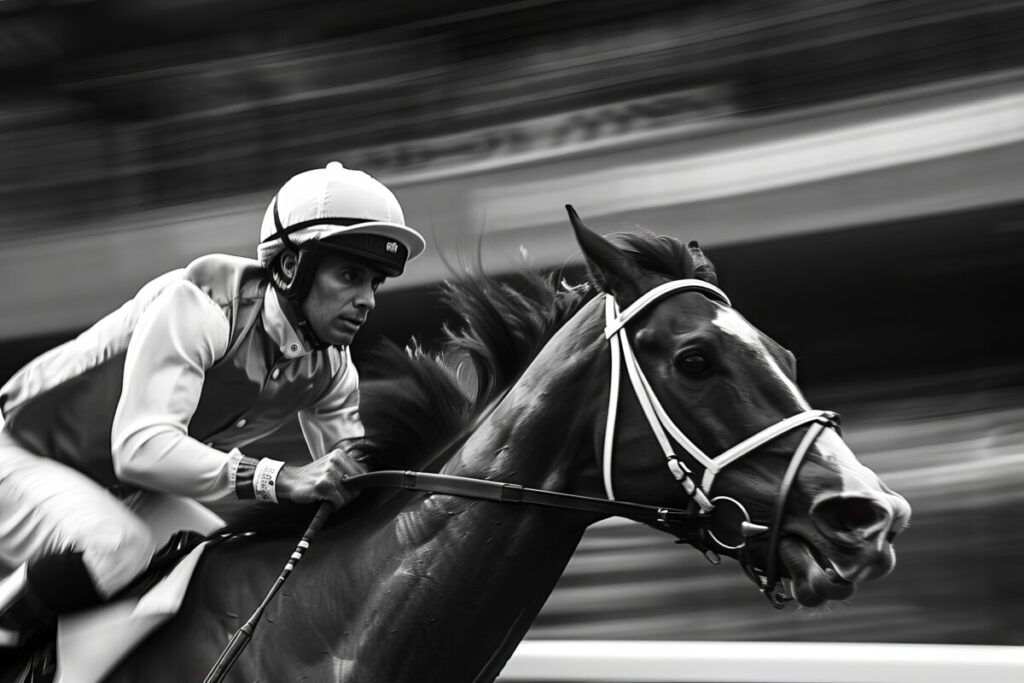Why is £500 known as a ‘monkey’ in betting slang?
 An excellent question, but one to which there appears to be no definitive answer. In common with other colloquial betting terms, ‘monkey’ is believed to be derived from Cockney slang, rhyming or otherwise, but more than that is difficult to say. Still anyone interested in horse tips, or betting should try to get familar with the meaning racing terminology.
An excellent question, but one to which there appears to be no definitive answer. In common with other colloquial betting terms, ‘monkey’ is believed to be derived from Cockney slang, rhyming or otherwise, but more than that is difficult to say. Still anyone interested in horse tips, or betting should try to get familar with the meaning racing terminology.
One hypothesis suggests that during the days of the British Raj – that is, British colonial rule of India between the mid-nineteenth and mid-twentieth centuries – the 500-rupee banknote bore a depiction of a monkey. Thus, ‘monkey’ was adopted as a slang term for 500 rupees and, hence, for £500 when occupying soldiers returned to Britain.
However, the term was known to be in use in Britain several decades before the British Raj and, while coins bearing religious motifs – possibly including Hanuman, the monkey commander of Hindu mythology – were minted in the pre-colonial era, no legitimate coins or banknotes from the suggested period really fit the bill. So-called ‘temple tokens’ did exist, but they were not legal tender and, more often than not, were devoid of any denomination.
More likely, perhaps, is that ‘monkey’ is derived from the phrase ‘to have a monkey up the chimney’ which, in late-nineteenth century Britain, was a slang term for having a mortgage. At the turn of the twentieth century, the vast majority of properties in Britain were rented rather than bought, but a three-bedroom terraced house in London could be bought for around £300; £500 would, at least, be in the right ball park as the amount required to buy a house of some distinction. In either case, even today if the end results of a race was winning a ‘monkey’ you’d not be too unhappy with your day!